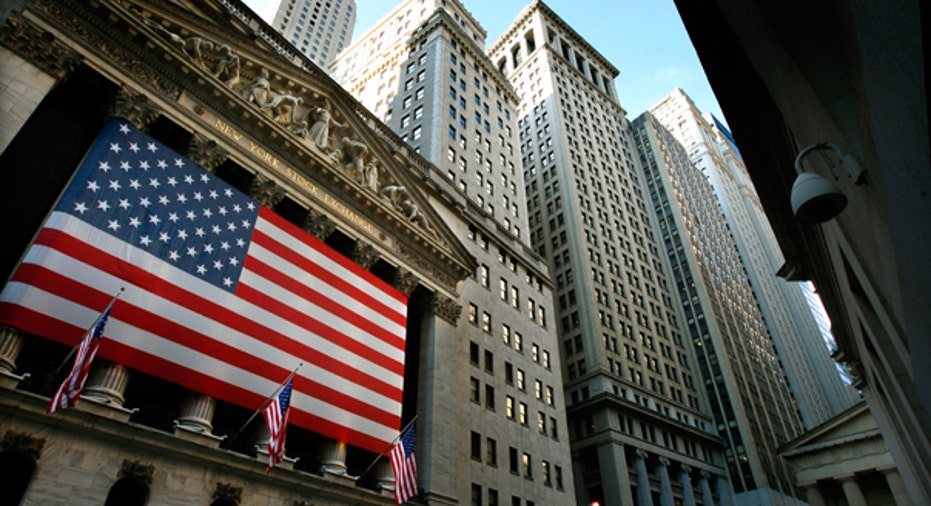Why Some Companies Like GE Are Not Accelerating Dividends

A bundle of companies, conscience of the looming fiscal cliff deadline, have been busy accelerating 2013 dividends to December. But what about those, including General Electric (NYSE:GE), that are paying them in January anyway?
With a market cap of more than $300 billion, GE is the largest of a slew of recent companies to announce a dividend hike but still pay it in January despite a potential doubling in dividend taxes should the U.S. fail to resolve its fiscal issues.
The decision could carry hefty financial consequences for shareholders.
Assuming the Bush tax cuts expire at the end of this year, the rate a GE shareholder pays on dividend taxes could jump to 39.6% next year from 15%.
So why are GE and a host of other companies including Pier 1 Imports (NYSE:PIR), CVS (NYSE:CVS), H&R Block (NYSE:HRB), Bristol-Myers Squibb (NYSE:BMY), Aetna (NYSE:AET) and Amgen (NASDAQ:AMGN), opting out of the acceleration trend?
There are a wide variety of reasons, but perhaps the biggest is a lack of cash and incentive.
Some may also be holding out hope that the U.S. will resolve its fiscal issues, or at least come to some sort of a compromise. After all, this isn’t the first time the Bush-era tax cuts have threatened to expire. (A year ago today Congress extended them to 2012).
“This is not the first time this has happened,” said David Becher, associated professor of finance at Drexel University. “Some may be waiting to see.”
Companies, especially those that don't have a lot of cash on hand, may lack incentive to move dividends forward, particularly if a large percentage of their shareholders are tax-exempt institutional investors like pension funds.
“They may think they don’t have enough money in the bank to justify spending it right now on dividends,” said OneChicago Exchange Chief Operating Officer Tom McCabe. “A rational company would say, ‘I’m doing this for my shareholders, unless I have a reason I can’t.’”
At the same time, if companies have a diversified investor base, or just a small number of shares that are internally owned, they may not have the motivation to accelerate the dividend.
Oracle (NASDSAQ:ORCL) is an example of a company that has high internal ownership, which partially explains why the software giant chose to accelerate three quarterly dividends to December. The move could save CEO Larry Ellison, who owns about 1.1 billion Oracle shares, as much as $56.5 million in taxes due to the acceleration, including about $48.94 in dividend taxes.
Those that don't have cash but still feel strongly enough to move their dividends forward, like Costco (NASDAQ:COST), which announced a special payout of $7 a share last month, can take out loans to fund it. Costco, which has large percentage of internal ownership, including its 401K retirement plan that encompasses more than 19 million shares and co-founder and former CEO Jim Sinegal, who owns about two million shares, borrowed $3.5 billion to finance the dividend.
While the reasons may vary, one thing that's clear is that if the U.S. falls over the cliff and dividend taxes shoot as high as 40%, a lot more money could be handed over to Uncle Sam in 2013.
In a hypothetical scenario of a GE shareholder, an investor who earns $1,000 in dividends in 2012 would pay $150 in dividend taxes at a rate of 15%, which translates to a net profit of $850.
That same shareholder in 2013, under GE’s 12% dividend increase, would earn $1,200 in dividends but would pay 40% in taxes, which would bump the tax bill to nearly $490 and reduce the investor's net to just $633.92, or 25% less than in 2012.



















